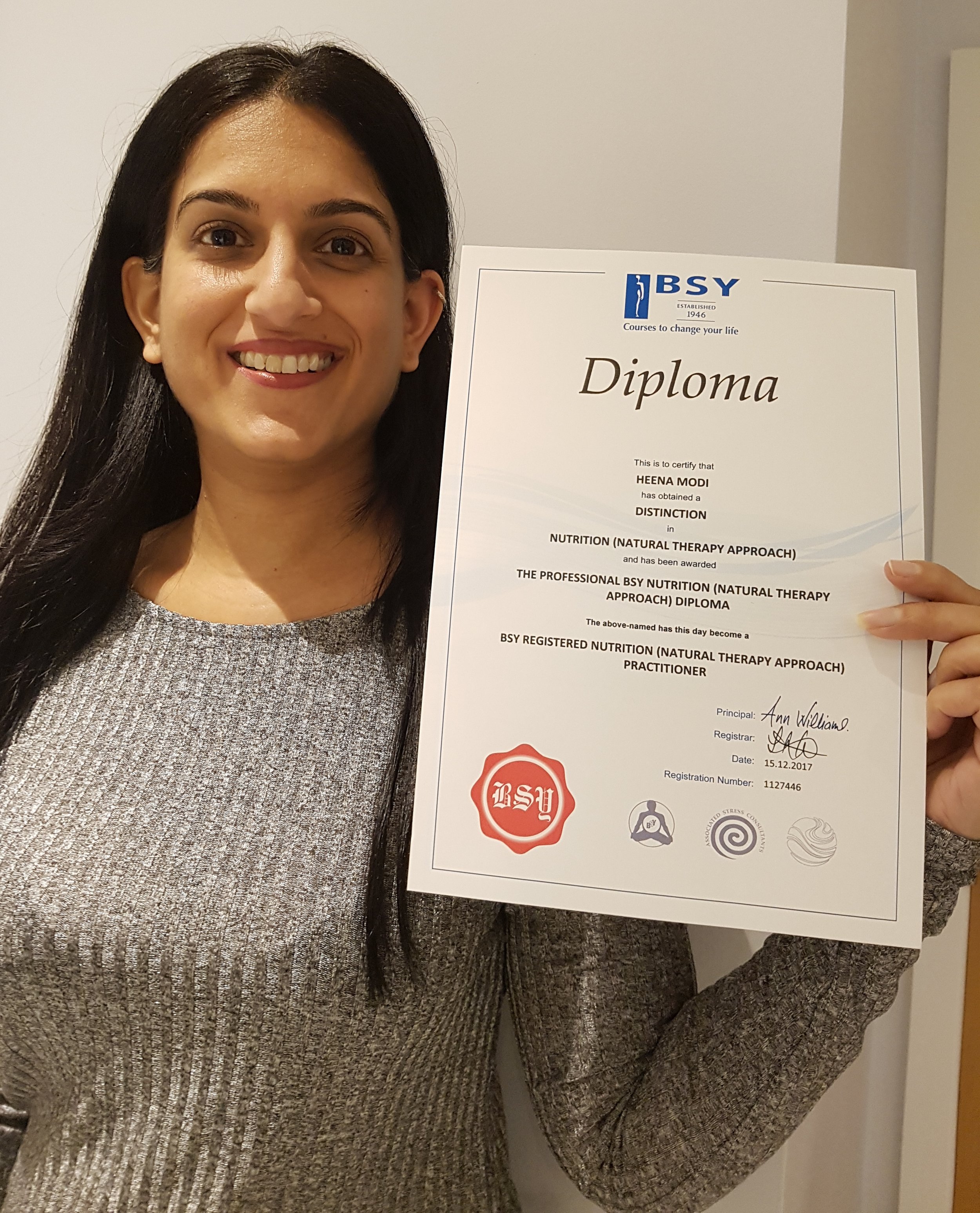This post is part two of a four part series. You can find the introduction (part one) here. I've heard a lot of varying comments about soya so I asked a friend to write an article examining whether it's safe to consume or not! Over to Sagar Kirit Shah.
Media coverage about soya
Every few months a study in the media comes out noting beneficial or harmful effects of soya products with some media stories reporting beneficial effects and others reporting harmful effects – it is not surprising that many people are confused about whether soya is beneficial or harmful for health.
Health benefits of soya
The main health benefit associated with soya is cholesterol-lowering effect.
It is claimed that when 25gm of soya protein per day is consumed as part of a diet low in saturated fat, studies have shown a cholesterol lowering effect among people with raised cholesterol levels. This is a well-established result[1], though it is likely that some of the cholesterol lowering effect may come from the composition of diets with a high soya content[2].
Is soya isoflavone beneficial or not?
Many of the other health benefits and risks associated soya relate to isoflavones and the impact they may have on humans. Isoflavones are a class of phyto-oestrogens, hormone-like chemicals that occur in small amounts in many plants, seeds and grains.
Claims have been made the soya isoflavones may have beneficial effects for menopausal symptoms, breast cancer protection (by counteracting oestrogen’s cancer-causing potential) and bone health.
At the same time, claims have been made that soya isoflavones may have adverse effects for breast cancer risk and male fertility, and concerns have been raised regarding the impact that soya isoflavones may have on children.
A good 'story' vs. ignoring the results of lots of evidence
While many media articles have been written about these claims, in attempt to generate interesting stories, most overlook the wide evidence base examining the impact of soya on health (it is one of the most studied foods in the world), and exaggerate the importance of a small finding in a single paper.
The reality is that a majority of the studies on these issues are contradictory and inconclusive. Some studies show a weak beneficial effect, while others examining the same issue show a very weak adverse effect or find no effect at all. It is thus unsurprising that many end up getting confused at the contradictory stories reported in the media.
Summary - is soya healthy or not?
Overall, there is nothing to suggest that consuming soya products is unhealthy poses a health risk, at least in the quantities consumed by most vegans in the UK (around 15gm of soya protein per day).
Other factors that should not be ignored
If you do not already lead a very healthy lifestyle, the conclusion that most experts have reached is that it is likely there will be much bigger gains to health from increasing intake of fresh fruit and vegetables, reducing processed/fatty foods, increasing exercise or reducing smoking/alcohol than there would be from doubling/halving or eliminating your soya intake.
How to get more nutrients out of soya
That said, it is worth noting that there are differences in the healthfulness of different soya foods. Soya beans, like all other plant foods, contain a wide range of beneficial macronutrients (carbohydrates, fats and proteins) and micronutrients (vitamins, minerals and other compounds). Heavy processing typically strips away many of the beneficial micronutrients, so lightly processed, whole foods are the best way to ensure these nutrients are absorbed.
Lightly processed soya foods include soya milk made with whole beans, and the soya products traditionally consumed in East Asian countries: tofu, miso, natto, edamame, and tempeh.
Processed foods
Soya oil, soya flour, texturised soya protein and soya lecithin are typically much more processed. In fact, the process for obtaining texturised soya protein involves crushing the soya bean at very high temperatures, and then passing the crushed soya bean through chemical solvents. Many of the beneficial nutrients and compounds in the soya bean are lost during this process.
Products made using processed soya ingredients (e.g. meat analogues, soya ice creams and soya alternatives to scream) are thus likely to be less healthful than their lightly processed counterparts.
References
1] British Nutrition Foundation (2002) ‘Soya and Health’ Briefing Paper
[2] Jenkins DJ et al (2006) Assessment of the longer term effects of a dietary portfolio of cholesterol-lowering foods in hypercholesterolemia Am J Clin Nutr Mar 83(3) 582-91
Part 3 - Is soya good for the environment?
Part 4 (final part) - Conclusion: The effects of soya on health and the environment





